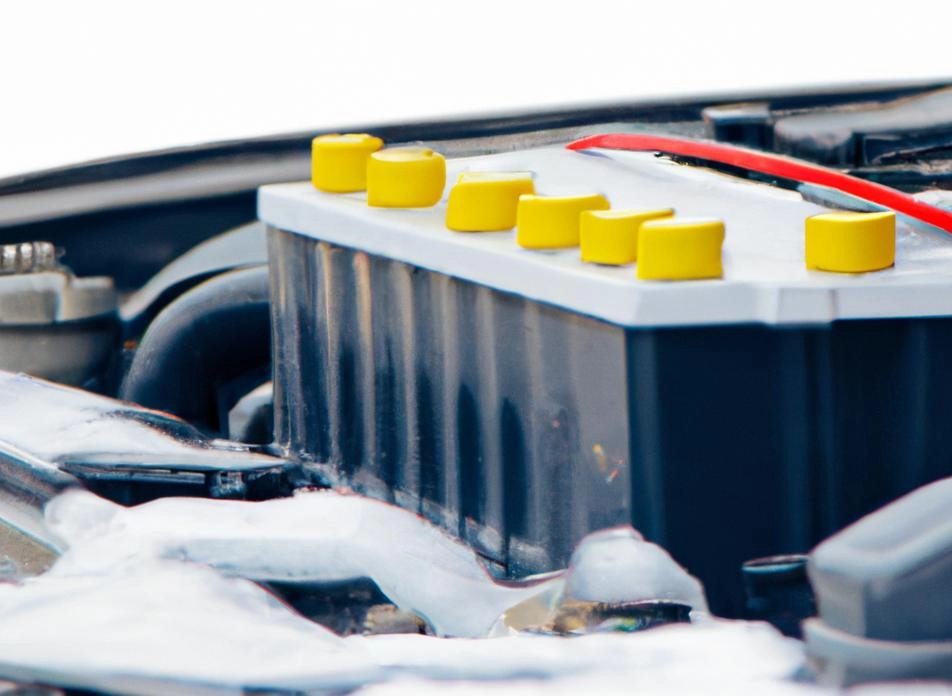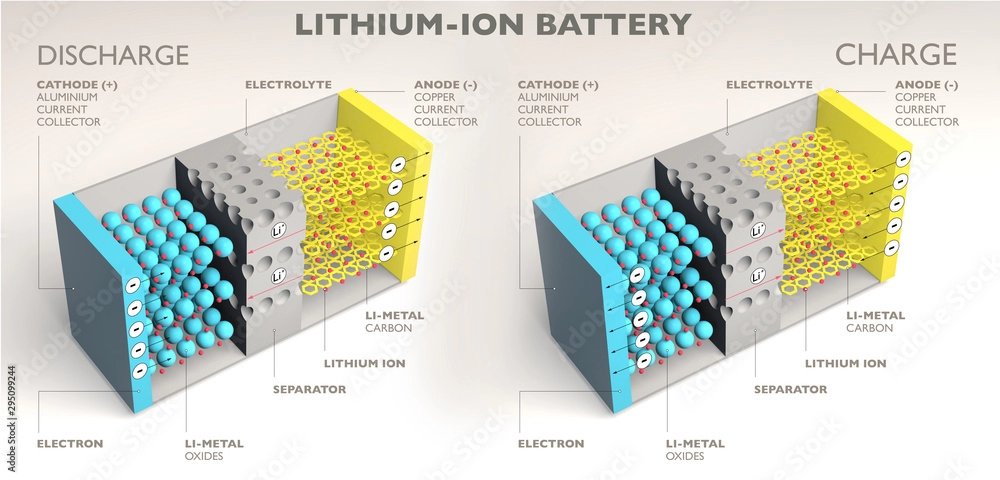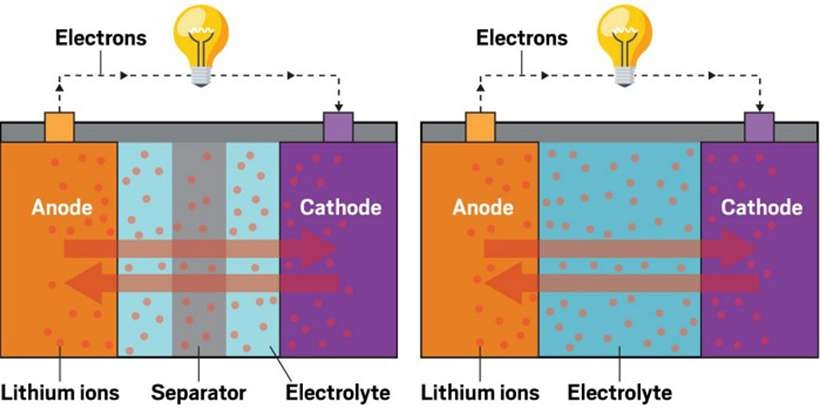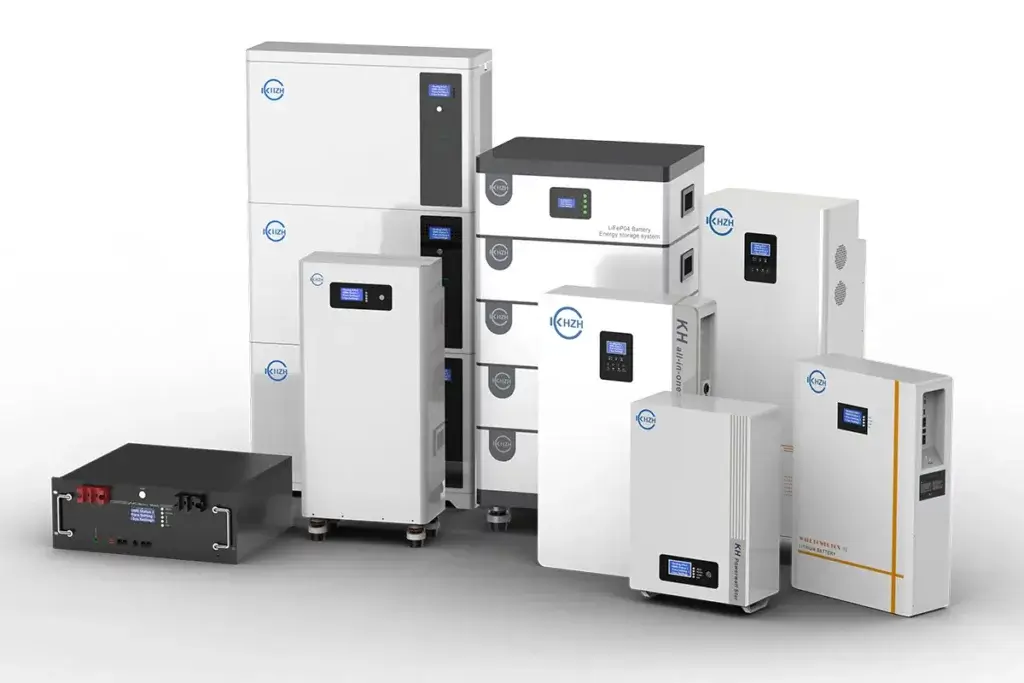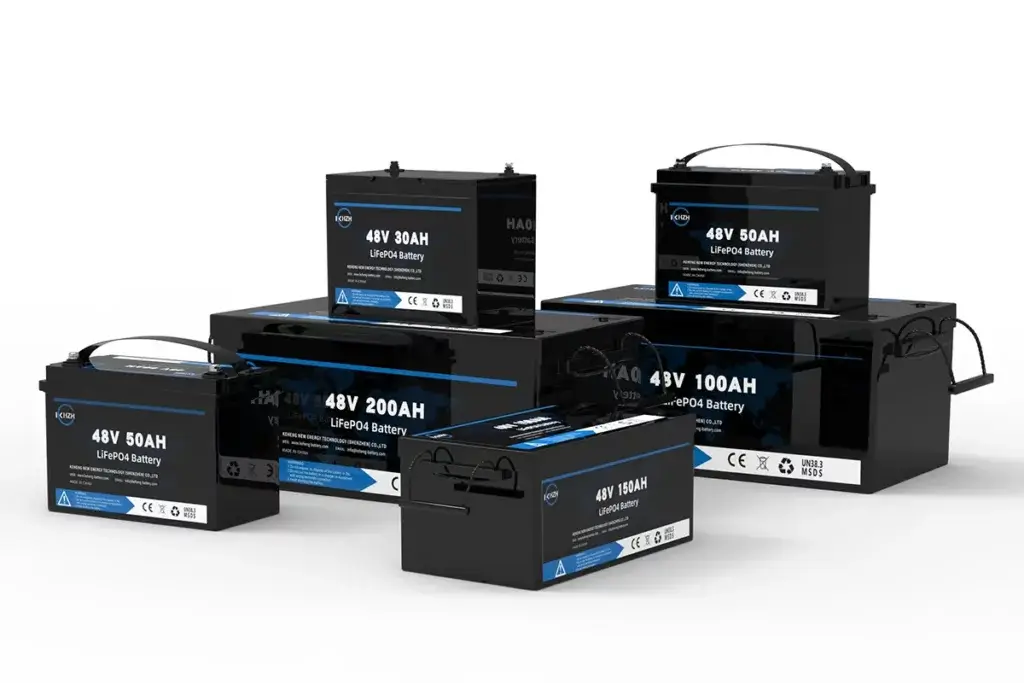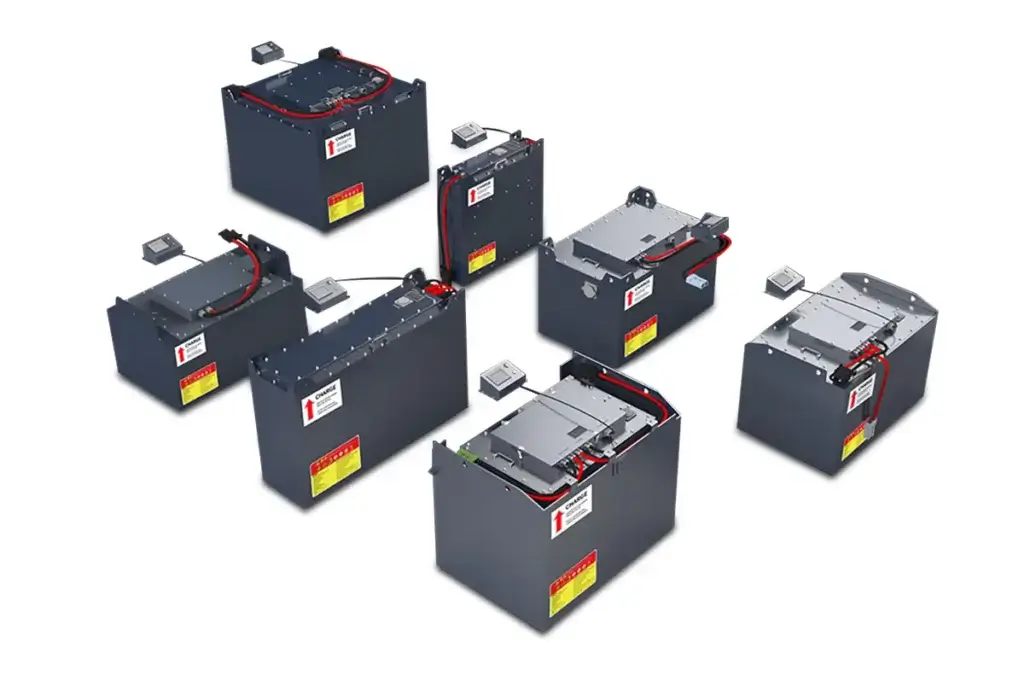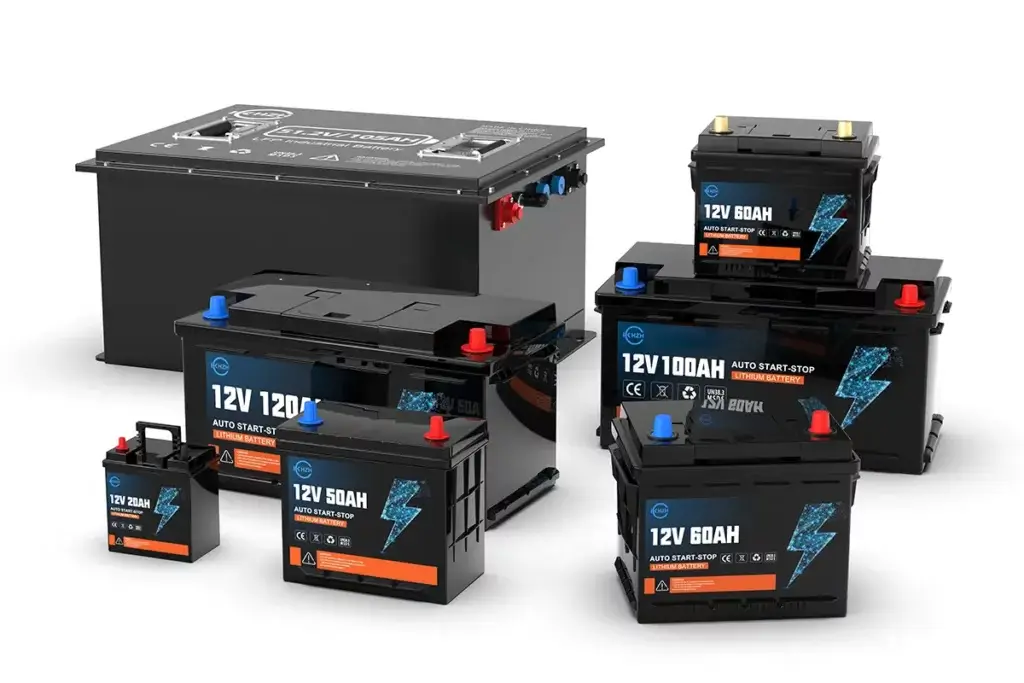Battery Selection Guide for Cold Weather
Whether you’re looking for the best battery for your car, electronic devices, or other equipment, it’s crucial to understand how cold weather affects battery performance. This guide explores the different types of batteries that perform best in winter conditions, including AGM, lithium-ion, and gel batteries, and offer practical tips for extending battery life in freezing temperatures.
Part 1: How Cold Weather Affects Batteries
How Cold Weather Affects Battery Performance:
Cold weather reduces battery efficiency because chemical reactions slow down. Freezing temperatures cause the electrolyte inside the battery to thicken, slowing down the movement of ions.
The thickened electrolyte reduces current output, making it harder to start vehicles and reducing the performance of electronic devices. Cold temperatures also reduce the overall capacity of the battery, causing it to deplete its stored energy faster.
Why Choosing the Right Battery for Cold Weather Matters:
Selecting the right battery ensures reliable performance, especially in cold climates. Batteries designed for cold weather often use advanced electrolyte formulations and reinforced materials.
AGM (Absorbent Glass Mat) batteries are known for operating effectively in cold weather. Lithium-ion batteries tend to perform better in low temperatures compared to traditional lead-acid batteries.
Choosing a battery specifically designed for cold weather can help prevent issues such as starting failures or a shortened battery life. You can learn more about why lithium-ion batteries are great for cold climates and how they compare to other options.
Part 2: Battery Types That Perform Well in Cold Weather
AGM (Absorbent Glass Mat) Batteries:
AGM batteries are an ideal choice for cold weather due to their unique construction. The electrolyte is absorbed into a glass mat, which prevents thickening at low temperatures, ensuring reliable operation even when frozen.
Lithium-Ion Batteries:
Lithium-ion batteries generally outperform traditional lead-acid batteries in cold temperatures. They offer higher power density and are better at maintaining performance in the cold. However, it’s important to choose lithium-ion batteries optimized for low-temperature environments for the best results.
High Cold Cranking Amps (CCA) Batteries:
Batteries with a higher Cold Cranking Amps (CCA) rating are better for cold weather because they deliver a strong burst of starting power, even when frozen.
Battery Types for Cold Weather Performance
The following outlines the cold weather performance characteristics of two common battery types:
Lithium-Ion Batteries
- Chemistry: Lithium
- Performance: Fast charging helps maintain performance in cold temperatures.
- Cold Weather Suitability: Excellent, especially when optimized.
- Cold Cranking Amps (CCA): Moderate to High (CCA, which measures cold starting ability).
- Reserve Capacity: Low
- Advantages: High efficiency in cold climates with proper optimization.
Traditional Lead-acid Batteries
- Chemistry: Lead-acid
- Performance: Delivers strong starting power in very cold conditions.
- Cold Weather Suitability: Very good due to its strong starting power.
